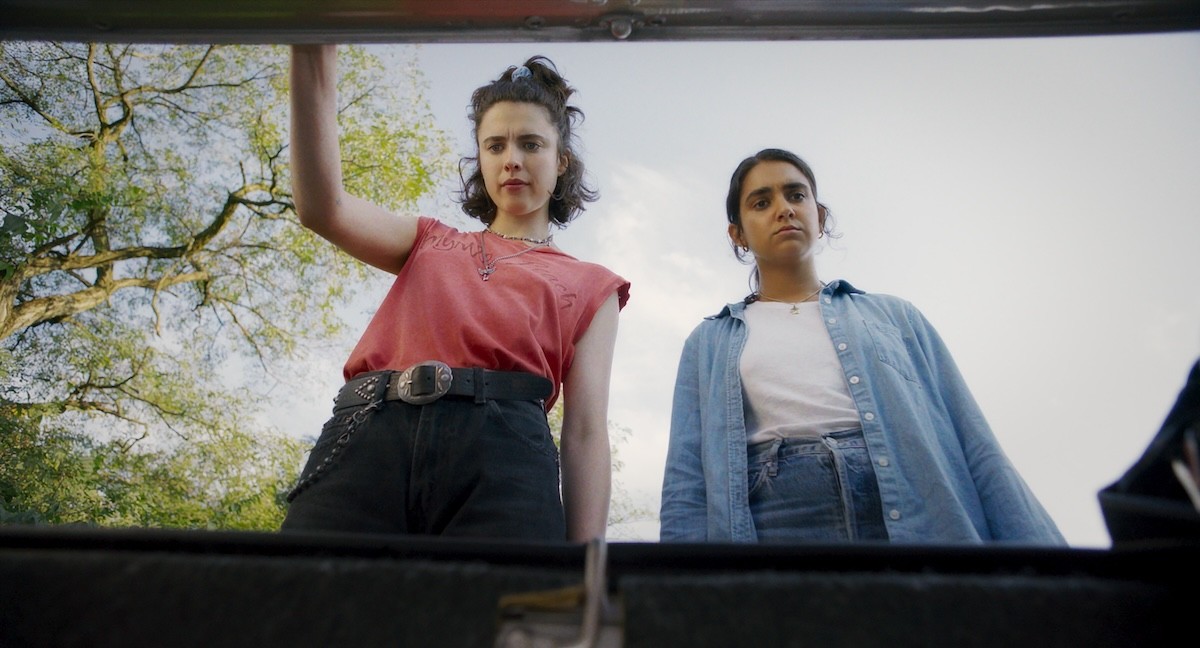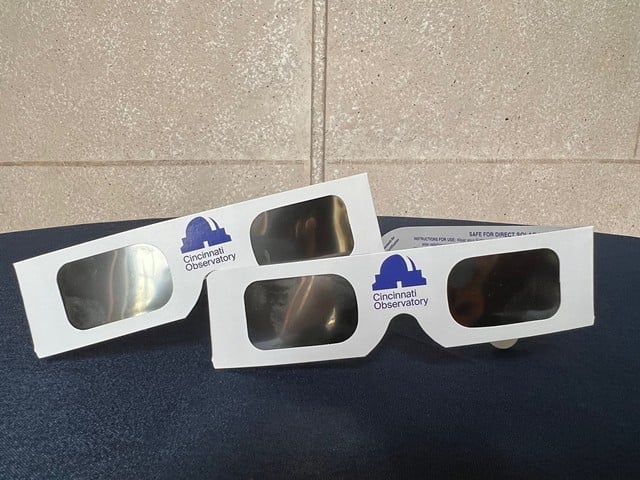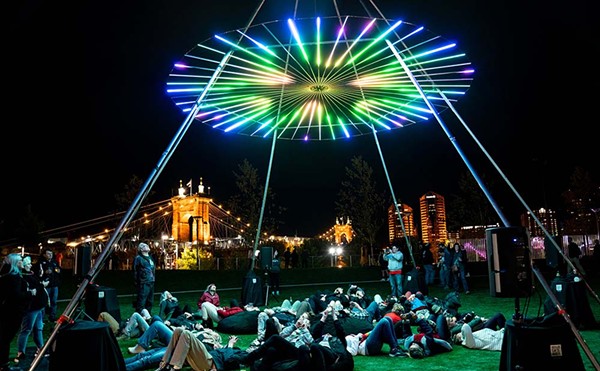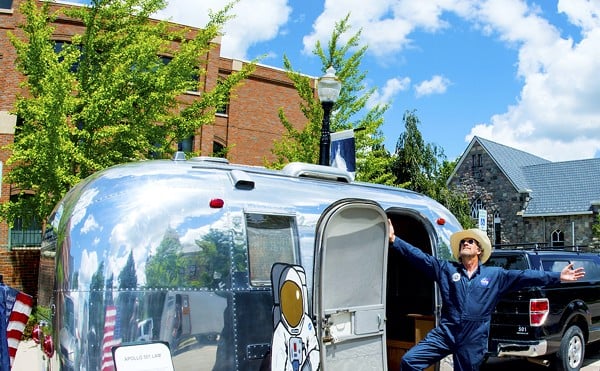One of the many pleasures — and occasional frustrations — of the Coen Brothers is their predictable unpredictability. From the outset of their career — which began with the markedly dissimilar (and remarkably accomplished) quartet of Blood Simple, Raising Arizona, Miller’s Crossing and Barton Fink — Joel and Ethan Coen have refused to conform to anyone’s expectations other than their own.
That principle has long guided the Coens’ work: More than 25 years ago, when I attended the junket for The Big Lebowski, the brothers were asked whether they fretted about following up the relatively naturalistic Fargo and its multi-Oscar-winning bona fides with a project so wildly different in tone. Ethan blithely dismissed any anxiety: “It might be a worry if we worked consistently in one genre, made one specific kind of movie and then leaped to something else. But that’s not the case with us. We do different kinds of movies, to the extent that this might disappoint or please people who had seen our previous movies. It’s never really an issue. In our minds, they’re all just too different.”
Given such a defiantly iconoclastic approach, Ethan Coen’s Drive-Away Dolls therefore shouldn’t surprise, but even dedicated Coen-heads can be forgiven if they’re a bit taken aback by the comic thriller’s queer content and playfully exuberant sex — neither of which is evident in the filmmaker’s previous work. Because I purposely chose not to read about Drive-Away Dolls in advance, I found the centrality of lesbian culture in the film entirely unexpected, and an uncomfortable thought kept intruding: Is the presumably hetero Coen really the appropriate director for this material?
As it turns out, I needn’t have worried: Coen’s wife, Tricia Cooke, although only credited as co-writer and editor because of Directors Guild rules, actually served as the film’s co-director, and despite their longtime marriage, she continues to identify as queer. As the couple explained in a joint MovieMaker interview last year, Cooke told Coen that she was a lesbian when he first asked her out, but they eventually established a polyamorous relationship, with both having other partners. Normally, this gossipy backstory wouldn’t have relevance in a review, but knowing that Cooke was a primary driver of Drive-Away Dolls helped mitigate my concerns over Coen’s potentially leering male gaze and the authenticity of its portrayal of the queer experience.
Of course, Drive-Away Dolls isn’t particularly concerned with realism in either its farcical plot or its colorful details. Early in the proceedings, a comically wall-mounted dildo clues us in to the film’s fantastical bent: The phallus makes for an undeniably funny (and prescient) gag, but — and I’m speculating here! — it would also seem somewhat, um, impractical.
Proudly featuring a trash aesthetic, the film consciously emulates the exploitation films of the ’60s and ’70s, with Cooke and Coen citing the works of John Waters, Russ Meyer and nudie specialist Doris Wishman as inspirations. (The filmmakers’ preferred title, Drive-Away Dykes, further speaks to its transgressive spirit.) Cooke foregrounds the film’s deliberate cheesiness with outlandishly over-the-top editing transitions, and enigmatic flashbacks periodically interrupt the main storyline with tackily retro psychedelic imagery. There’s a clear risk that some of these devices will read as simple filmmaking ineptitude, but once we recognize their winking intent, they add to the film’s parodic fun, which includes nods to Tarantino’s signature car-trunk shots and to the mysterious briefcases in Kiss Me Deadly and Pulp Fiction.
In fact, this film’s briefcase — whose contents I’ll resist revealing — is the engine propelling Drive-Away Dolls. When Jamie (Margaret Qualley), a talkative, carefree Texan, cheats on lover Sukie (Beanie Feldstein), a volatile cop, she’s booted to the street. The newly homeless Jamie opportunistically seizes on uptight lesbian friend Marian (Geraldine Viswanathan) and insists on accompanying her on a planned road trip from Philadelphia to Tallahassee, Florida. Quickly finding a “drive-away” car bound for their exact destination, they sign on to pilot the vehicle south and hit the road, but their seeming good luck proves a case of mistaken identity: The actual intended drivers — a pair identified collectively in the credits as the Goons (Joey Slotnick and C.J. Wilson) — arrive shortly after to pick up the car only to find it already gone. Dispatched by their apoplectic boss (Colman Domingo) to track the women and recover the vehicle, which has the aforementioned briefcase stowed in its trunk, the amusingly squabbling Goons begin a pursuit complicated by Jamie’s highly indirect path to Florida — a circuitous route largely planned around visits to lesbian bars, with the goal of getting glum, sex-deprived Marian laid.
Although Drive-Away Dolls is the first narrative film that Ethan Coen has made without his brother (he also directed the 2022 documentary Jerry Lee Lewis: Trouble in Mind, which recently began streaming on Amazon Prime), the film’s mix of comedy and crime obviously recalls such previous collaborations as Raising Arizona, Fargo, The Ladykillers and, especially, The Big Lebowski. Cooke’s influence, however, seems clear, not just in the queer subject matter but also in the film’s engaging looseness, its free-spirited lack of inhibition. In that respect, the film harks back to the Coens’ earliest films, shot by Barry Sonnenfeld, which delighted in pushing hard at extremes in their formal inventiveness.
But as much as I appreciated many aspects of Drive-Away Dolls — including abbreviated appearances by Pedro Pascal, Matt Damon and an unbilled Miley Cyrus, and a droll performance by the seemingly ubiquitous and always exemplary Bill Camp — I ultimately found the film only fitfully funny. I did laugh uproariously at a confrontation between the Goons and a volcanically angry Sukie, who has no hesitation in narcing on her former girlfriend, but Drive-Away Dolls lacks the astonishingly sustained highs of the Coens’ best comedies (Raising Arizona and The Big Lebowski), even if it avoids the lows of such misfires as Intolerable Cruelty and The Ladykillers. Given the highly personal nature of humor, your own laugh mileage may vary, but the ride provided by Drive-Away Dolls remains worth taking.
Subscribe to CityBeat newsletters.
Follow us: Apple News | Google News | NewsBreak | Reddit | Instagram | Facebook | Twitter | Or sign up for our RSS Feed






